

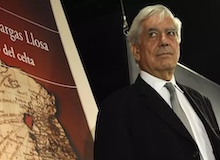
The work of the Nobel Prize winner is one of the greatest cartographies of the human capacity for horror and destruction. Vargas Llosa warns us that “moral degradation leads us to the abyss”.

A street preacher, he set out to carry around the world the huge cross that he had hung on the wall of the premises of his mission to the “hippies” of the Sunset Strip in Los Angeles.
We are finally witnessing a complex and adult work, which cannot be reduced to the simplistic schemes to which victimhood seems to have condemned us lately.

David Fincher's film showed us the reality of life in a broken world, where we can neither be known, nor fully forgiven. Only supernatural work will do that.
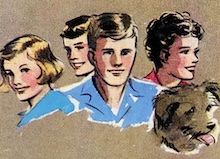
As we grow older, we find ourselves sick with nostalgia. Dissatisfied with the life we have, we wonder what would have been if our circumstances were different.

Hans Simon was the Lutheran pastor of the Zionskirche. He wore a turtleneck jumper and always had a pipe in his hand. The Stasi spied on his every move.

She is known for her addiction to tranquillizers, her marriage to DiMaggio and to the playwright Authur Miller, her tardiness, her unhappy childhood and her insecurity in front of the cameras.
Her fascination with Jesus fills us with hope. As Kafka said, Jesus is “an abyss of light. You must close your eyes so as not to fall into it”.

No event can ultimately be tragic because, thanks to God’s undeserved grace, every experience in our life is ultimately for the good.

The journalist Paloma Chamorro defined Franco Battiato once as “a Mediterranean artist with a penchant for orientalism, immersed in a certain religious syncretism, who likes to use symbols and allegories”.
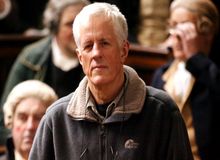
We are not here forever. Ageing makes us face up to our mortality. It tells us about more than just the “vanity” of life.

It is no coincidence that John Le Carré, the master of spy fiction, was himself a spy. He knew what he was talking about. The mistake of conspiracy theories is to believe in perfect plots.
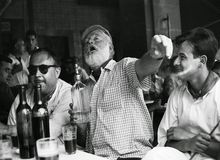
Death for Ernest Hemingway was a release from the role that life seemed to have assigned to him.
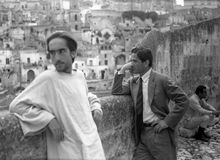
Everything started in 1962, when Pasolini was invited to a debate series. In his hotel room he found a Gospel according to Matthew which greatly impressed him, and he decided to turn into a film.

All his contradictions are no more than the expression of a philosophy centred in freedom of choice – and choices may vary according to circumstances or historical moments.

At bottom, we find a theological problem. The apes believe that God has created them to be the masters of the planet, setting them apart from the other creatures.
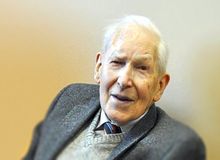
Packer used to say that his conversion had not been spectacular. The preacher showed him at the end of the sermon that, to be able to attend the party, he had to come to Christ.

Miguel Delibes’ last book, The Heretic (1998), is about the sixteenth century Reformation in Valladolid. Where did Delibes get his information? What was his relationship with Protestants? And what were his beliefs?
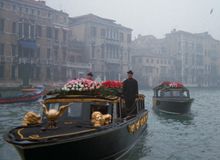
Thomas Mann takes us to the strange beauty of a misty Venice and the devastation brought on by a cholera epidemic in 1911.

Like many believers, Philip Roth feels bewildered at the relationship that the Bible establishes between plagues and God’s judgement. But can we apply this to epidemics nowadays?

The cinema shows many examples of viruses that affect humans, producing devastating epidemics that remind us of our fragility and vulnerability.

A review of the films “Richard Jewell” and “An Officer and a Spy”.

In the winner of the last Golden Globes, “1917”, Sam Mendes draws on his grandfather’s experience of the First World War.

Todd Philipps' film is an adult exploration of the anatomy of evil, closer to a Kafkaesque tragedy or to Dostoyevsky’s novels than to the children’s universe of comic book superheroes.

This is not a horror story, but a story about horror.

Las opiniones vertidas por nuestros colaboradores se realizan a nivel personal, pudiendo coincidir o no con la postura de la dirección de Protestante Digital.